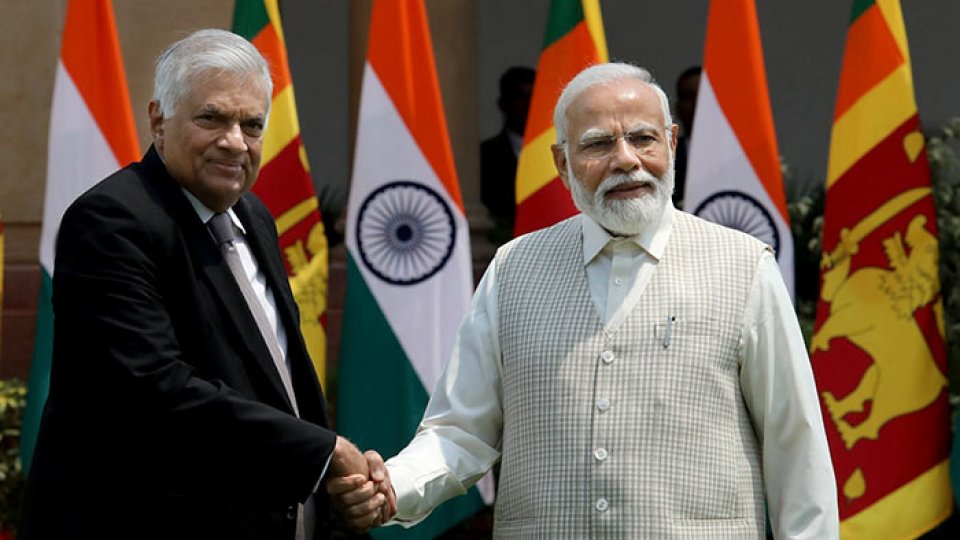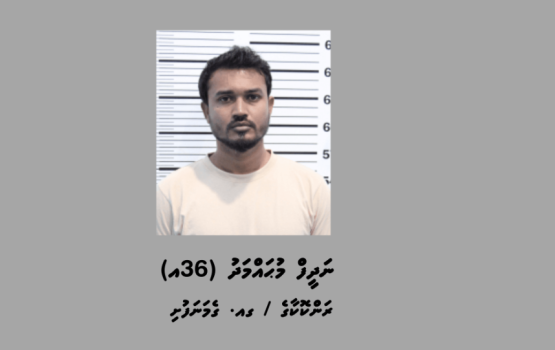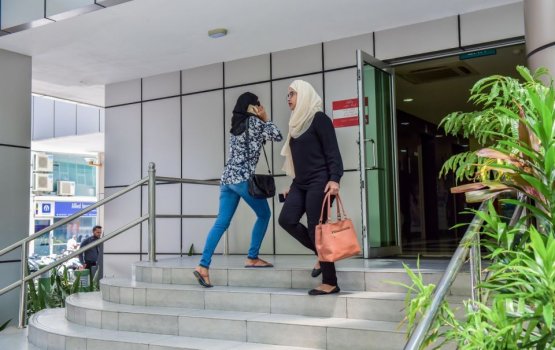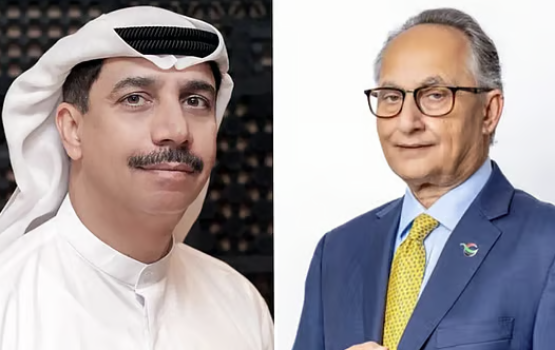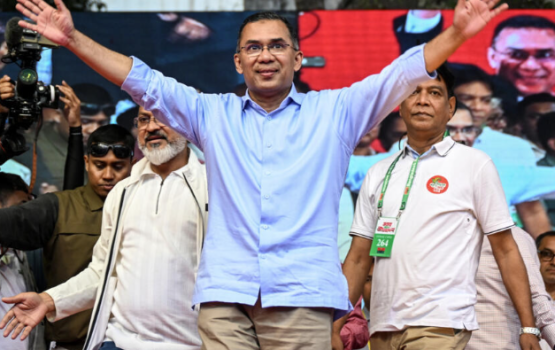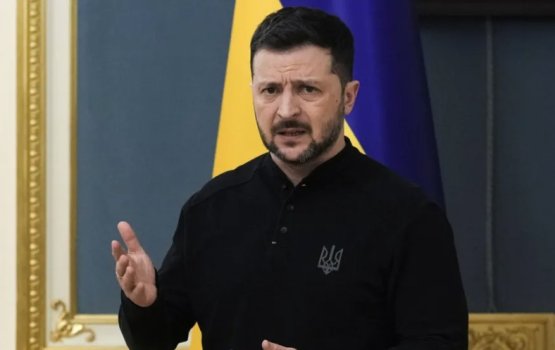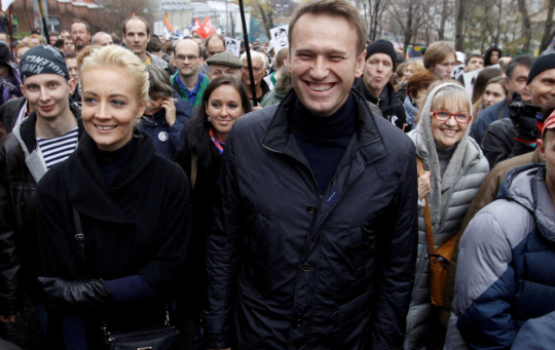The leaders of India and Sri Lanka have agreed to improve their countries’ economic and energy ties, as well as consider building a land link between them.
The announcements on Friday came during Sri Lanka President Ranil Wickremesinghe’s visit to India where he held talks with Prime Minister Narendra Modi.
Wickremesinghe arrived in New Delhi a day earlier for the official visit, his first since taking up the top job last year after an economic meltdown forced his predecessor to flee.
India’s support of nearly $4bn between January and July last year was critical for Sri Lanka after it almost ran out of dollars and sank into a financial crisis that left it struggling to fund essential imports including fuel and medicine.
“The past one year has been full of challenges for the people of Sri Lanka. Being a close friend, as always, we stand shoulder-to-shoulder with the people of Sri Lanka,” Modi said in his remarks on Friday.
He said the two leaders “adopted a vision document for our Economic Partnership” to strengthen maritime, air, energy and people-to-people connectivity, to accelerate mutual cooperation in tourism, power, trade, higher education, and skill development.
Modi also said the two sides would work quickly to connect their electricity grids and study the feasibility of building a petroleum pipeline and a land bridge between the countries.
Establishing “land connectivity” across the Palk Strait, which in places is only about 25km (15 miles) wide, would give India access to the key ports of Trincomalee and Colombo and strengthen a “millennia-old relationship”, the neighbours said in a strategic document.
The projects to connect the power grids through undersea cables and the oil pipeline were expected to cost about $4bn in total, according to officials on both sides. Few details were released on the agreements on renewables.
Wickremesinghe said that “constructing a multi-product petroleum pipeline from the southern part of India to Sri Lanka will ensure an affordable and reliable supply of energy to Sri Lanka.” (AlJazeera)

